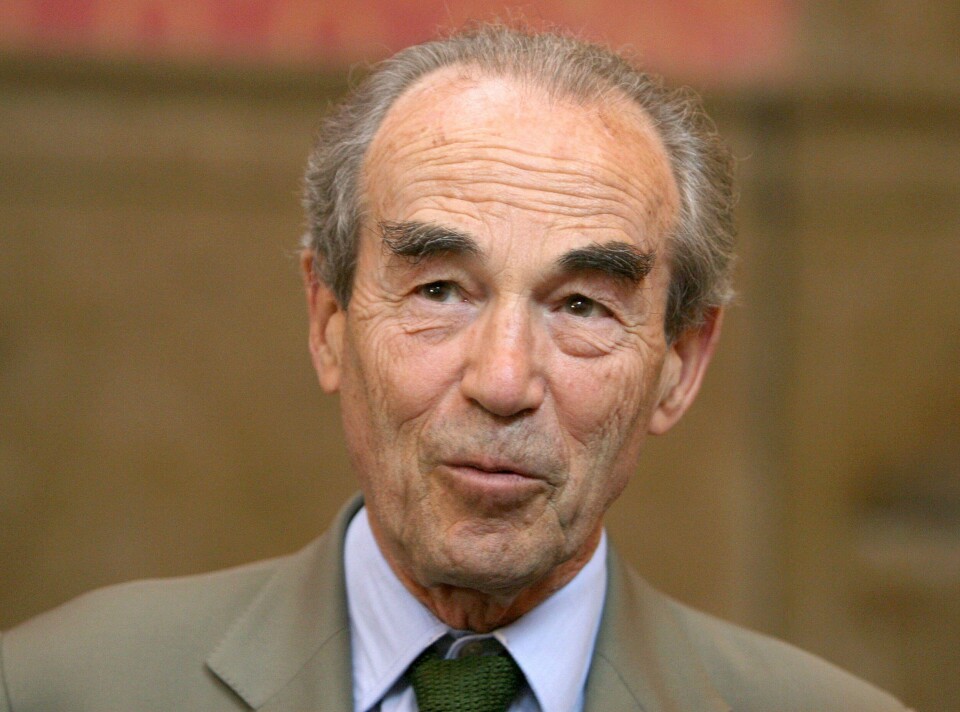-
Map: Are there new Michelin star restaurants near you in France?
The new Michelin Guide France 2025 awarded 78 new stars to restaurants across the country
-
What do Trump and other world leaders say about Le Pen office ban decision?
From ‘left-wing abuse of the legal system’ to ‘the rule of law’, reactions have been fierce
-
Burglaries: the French cities and towns most - and least - affected
New official stats have been released with significant geographical differences
Robert Badinter, the man who ended the death penalty in France, dies
The former justice minister pushed through a bill to abolish executions in 1981. The last person to be guillotined in France was in 1977

Robert Badinter, the former justice minister who succeeded in abolishing capital punishment in France in 1981, has died at the age of 95.
His work meant the last person to suffer the penalty in France was executed by guillotine in 1977.
He introduced a bill to abolish the death penalty just a few months after being appointed justice minister at a time when 60% of French people polled were in favour of maintaining it.
He gave a famous, two-hour long speech to members of parliament to convince them to vote in favour of abolition, arguing that capital punishment was a characteristic of totalitarian regimes.
“In countries of liberty, abolition is almost always the rule; in countries where dictatorship reigns, the death penalty is always practised,” he said.
363 members voted in favour and 117 voted against, meaning that the bill was passed into law on September 18, 1981.
President Macron paid tribute to him today (February 9) saying on X (formerly known as Twitter): "Lawyer, justice minister, the man who abolished the death penalty. Robert Badinter never stopped defending enlightenment. He was a figure of the century, a republican conscience, the French spirit."
The president also announced that a national homage is being organised in Mr Badinter’s honour.
Former president François Hollande said on RTL radio that Mr Badinter “will always be a part of history for having convinced parliament to abolish the death penalty.”
An important political figure
Mr Badinter was born in Paris in 1928 to a Jewish family. His father died in a German concentration camp in World War Two and Mr Badinter was the subject of anti-semitic abuse throughout his career.
He was a lawyer for 30 years from 1951 onwards.
In 1972 one of his clients was found guilty of being an accessory to murder and sentenced to death. Mr Badinter was unable to save him from the death sentence despite requesting a pardon from the president at the time Georges Pompidou.
He later said that the experience changed his attitude from “an intellectual conviction to a militant passion” for the penalty to be abolished.
He saved six people from the death penalty through his work between 1976 and 1980.
He was appointed minister of justice in June 1981 by the newly elected socialist president François Mitterand and served for five years.
He was president of the Constitutional Council for nine years following his time as minister and served as a senator for 15 years until 2011.
He is widely seen as having spent his life fighting injustice. “I tried to transform the justice system, to make it more human,” he said in a television interview in 2023.
Mr Badinter was married to the author, philosopher and historian Elizabeth Bleustein-Blanchet, a staunch advocate of feminism.
The cause of death has not been given.
Read more
Calls to bring back guillotine ‘defy French law’
Explainer: How criminal courts and jury service work in France
























